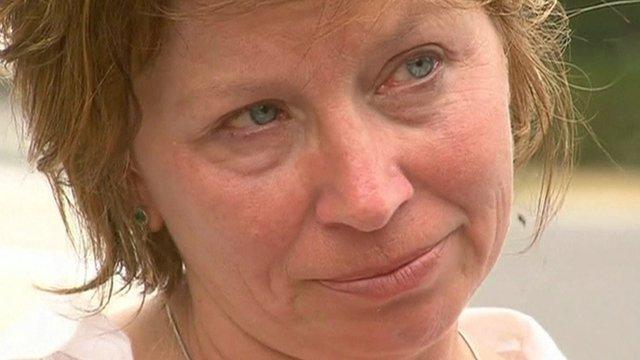Luke Batty murder inquiry closes
- Published
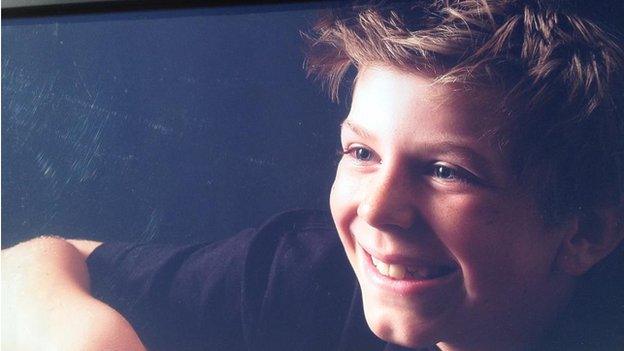
Luke Batty was killed by his father Greg Anderson on 12 February
The coroner's inquiry into the murder of an 11-year-old boy by his father has closed, with findings due in mid-2015.
Greg Anderson, 54, beat Luke Batty with a cricket bat and then stabbed him in front of onlookers at a cricket oval in Tyabb, a Melbourne suburb, in February.
Anderson was later shot by police after lunging at them with the knife.
The inquest has been examining what could have been done by police and child protection authorities to prevent Luke's death.
An 11-member expert panel on Friday told the inquiry that filicide, particularly the murder by a parent of a child as relatively old as Luke, was so rare that there was no reliable research yet into whether it could be predicted.
As a result, said forensic psychologist Professor James Ogloff, there needed to be greater realisation among people who work with women experiencing family violence that children could be at risk "any time".
At the time of Luke's death, there were four warrants out for Greg Anderson's arrest, and he was facing 11 charges, mostly related to violence and threats towards Luke's mother, Rosie Batty.
Child protection officers had closed a file on Luke despite his father once showing him a knife and saying "this could be the one to end it all".
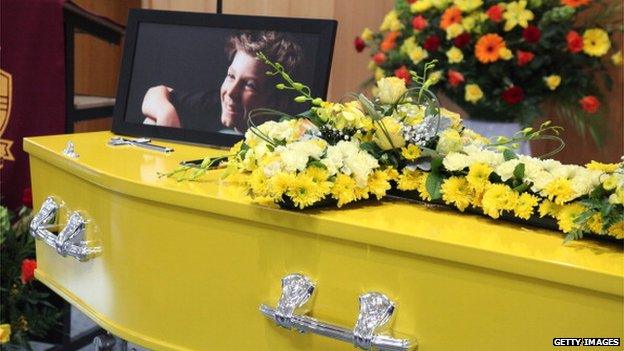
Shock over Luke's death helped move domestic violence up the political agenda
Victorian police conveyed "deep condolences and sorrow" to Ms Batty at the inquest, saying Luke's death had been a "source of deep reflection and pain" on how to address "this terrible behaviour we see inflicted by men on people they profess to love".
Assistant Police Commissioner Luke Cornelius said police had been working to improve their responses to family violence incidents, however he did not believe they would ever have been able to prevent Luke's death.
"No matter how effective our systems, no matter how accountable we are, if a man has murder in his heart... we are not going to be able to prevent those deaths."
Ms Batty disagreed, saying the system had failed to seriously intervene on Anderson's undiagnosed and untreated mental health issues that had seen him lose work and become homeless.
"He was not bad, he was mad," she said.
'Beautiful kid'
She told the BBC after the inquest closed she was "deeply saddened" to learn from the expert panel that Anderson could have been treated for the delusional disorder he appeared to suffer.
"If you could have treated the mental health issues, I do not believe he would have killed Luke," she said.
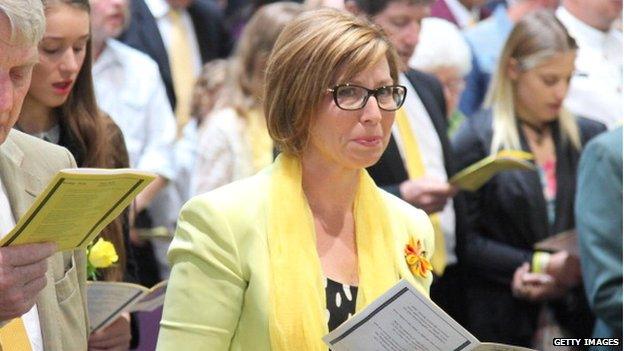
Rosie Batty, seen here at Luke's funeral in February, said serious intervention was needed to stop violence
Systemic failure had also meant he could use the legal system as "another avenue for abuse and control and power" by failing to attend hearings and continually challenging conditions on access to his son.
Ms Batty said her struggles to get police to act with urgency showed the challenges women face, with evidence given that bail was not opposed for Anderson at one stage when he was facing charges in part because the offences were "stale".
"I had to sit here and listen to words like 'stale' and 'low risk'," she said. "Let me tell you what I know: without serious intervention, violence never stops and with every instance it gets worse."
Barristers, lawyers and others in the courtroom were in tears at Thursday's hearing as Ms Batty showed a tribute of photos of Luke, to show "the essence of his quirky, fun-loving nature and the handsome, beautiful kid he was".
"He's not just a statistic," she said, her voice shaking. "He was a person and this should never have happened to him. No-one is to blame but we still have so much to learn."
Community shock at the crime helped put family violence on the agenda at last weekend's Victorian state election.
The new Labor state government is moving to set up Australia's first Royal Commission into family violence within its first 100 days. It has also appointed Australia's first minister for the prevention of family violence.
An inquest into Greg Anderson's death will be held next week.
- Published23 October 2014
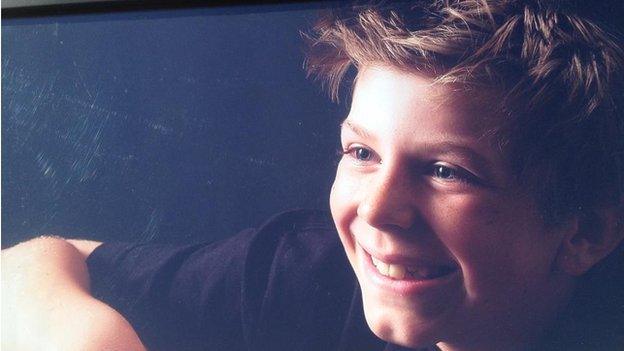
- Published20 October 2014
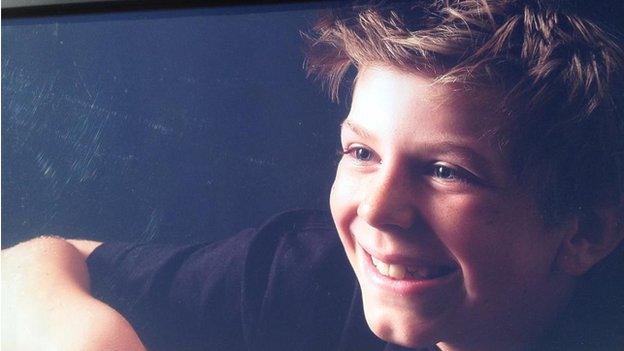
- Published20 October 2014
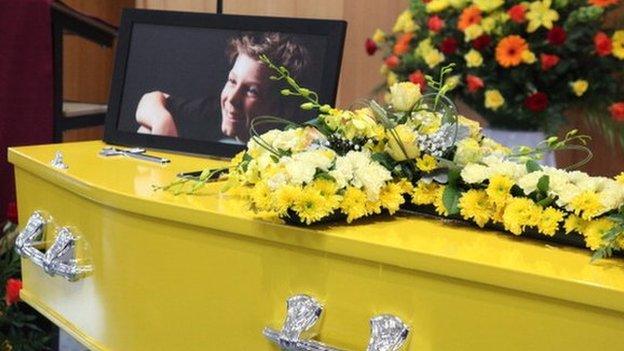
- Published14 February 2014
